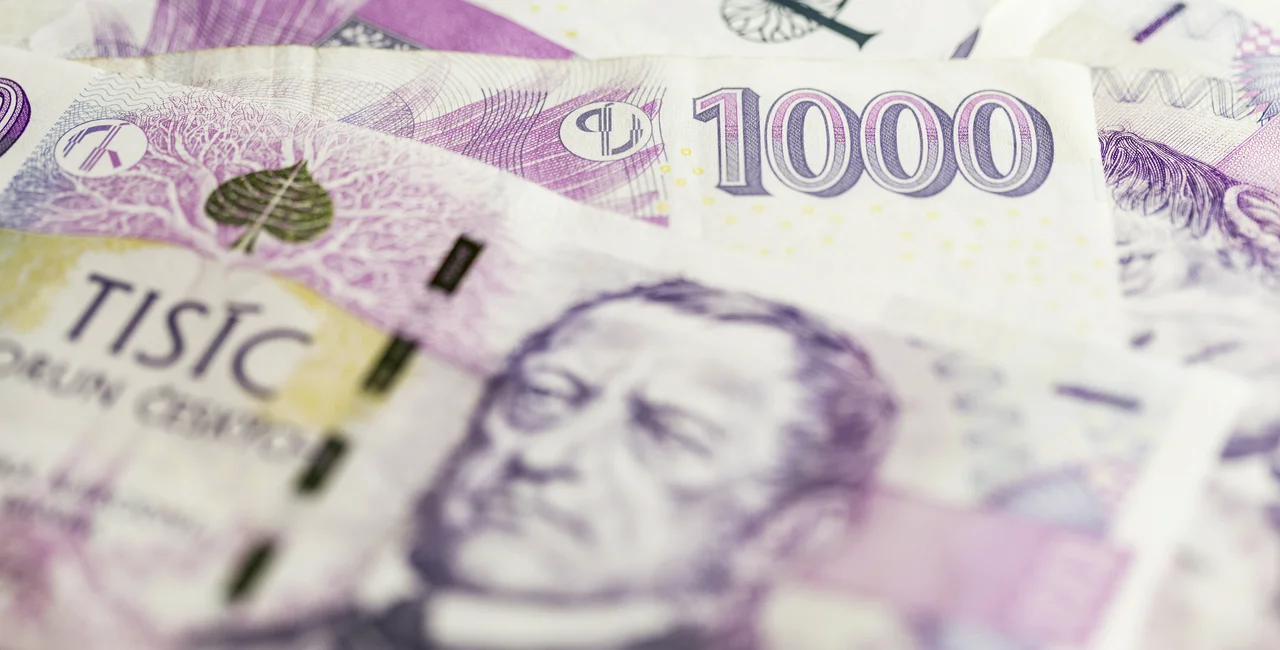The Czech economy last year saw its sharpest decline since the establishment of an independent Czech Republic. The gross domestic product (GDP) in 2020 fell by 5.6 percent, according to preliminary estimates from the Czech Statistical Office (ČSÚ).
The drop, though, was less than the estimates of some economists, the Ministry of Finance, or the Czech National Bank.
PARTNER ARTICLE
In the fourth quarter 2020, GDP fell by 5 percent compared to the same period of 2019. It rose by 0.3 percent quarter on quarter.
“In 2020, the deepest slump in economic performance in the history of the independent Czech Republic was recorded. … The decrease was influenced mainly by household consumption, investment expenditure, and also by a slump in external demand in the first half-year. The general government expenditure was growing,” the ČSÚ said in a press release.
“The gross value added (GVA) decrease was influenced the most by the development in the group of economic activities of trade, transportation, and accommodation and food service activities. Industry, construction and most of economic activities of services were also unsuccessful,” the ČSÚ added. GVA is the difference between the total value of the production of goods and services and the cost of production.
Last year’s economic development was marked by restrictions on trade, services or movement introduced by the state since March due to the COVID-19 pandemic. According to economists, the data showed that the effects of the autumn wave of the pandemic on the Czech economy were smaller than during the spring, mainly due to industry.
Analysts say the economy should return to growth this year, which they estimate at around 3 percent. In 2019, before the pandemic, the Czech economy grew by 2.2 percent.
Year-on-year, the Czech economy weakened every quarter last year, according to previously published ČSÚ data. Compared to the same time of the previous year, Czech GDP fell by 3.6 percent in Q1, 10.7 percent in Q2, 5.8 percent in Q3 and 5.0 percent in Q4.
According to the ČSÚ, in addition to the reduction in household consumption, the decline in foreign demand in the first half of the year also contributed to the year-on-year decline.
Surprisingly, many analysts saw the figures as overall good news.
“This is the deepest drop in GDP in the history of the independent Czech Republic, but due to the circumstances during the year, the resulting number is significantly above expectations,” Miroslav Novák, an analyst at Akcenta, said, according to the Czech News Agency (ČTK).
ČSOB analyst Petr Dufek said that government support for workers in various hard-hit sectors and other financial subsidies played a significant role the overall economic result did not turning out worse.
ING chief economist Jakub Seidler said net exports played an important role in the fourth quarter GDP. “But it also confirms – as monthly data until November suggested - that the negative impact of the second wave of Covid-19 was significantly smaller than in the spring, mainly as industry did not shut down,” he said on the ING website.
“However, the impact of restrictions and lockdowns was also milder on retail sales and services. …Retailers were also able to switch faster to online sales than during the first spring wave. But still, the main reason behind the positive [quarter-on-quarter] rate had to be net exports, in our view, which was not only due to better exports, but also lower imports given weaker investment,” he added.
Czech GDP grew by 0.3% qoq in Q4 2020 according to the preliminary estimate by the Czech Statistical Office. The result surprised positively (consensus -2.5% qoq). Export and lower than expected decline in private consumption provided support.https://t.co/0yX1drHXzi
— Helena Horská (@HelenaHorska) February 2, 2021
Raiffeisenbank chief economist Helena Horská said most economists expected a quarter-on-quarter drop rather than a slight increase. “The result surprised positively. … Export and lower than expected decline in private consumption provided support,” she said on Twitter.
She added that relatively strong German economy in particular prevented a larger drop in GDP. The German economy’s 5 percent decline did not exceed the 2009 record. She also noted that Poland recorded an economic decline of 2.8 percent last year, it’s first decline since 1996.
“This year is a sign of hope. The number of usable coronavirus vaccines is increasing, and with it the hope that perhaps the life of the Czech economy will return to normal in the second half of this year if we effectively manage the vaccination process, David Marek, chief economist at Deloitte Czech Republic, said, according to Kurzy.cz. He estimates full-year growth in 2021 of between 2.5 and 3 percent.
The European Union as a whole performed worse than the Czech Republic last year, with EU GDP falling by 6.4 percent. In the eurozone countries, the decline was even more pronounced, at 6.8 percent.












 Reading time: 3 minutes
Reading time: 3 minutes 

























